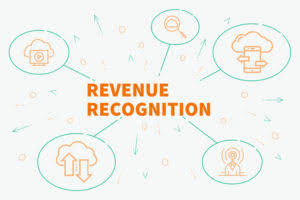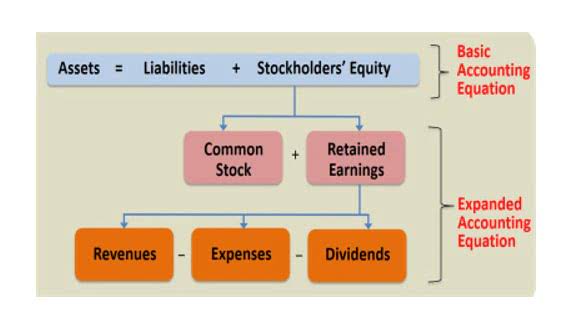
Some report prompt, helpful assistance while others describe frustrating interactions and difficulty resolving complex issues. These inconsistent support experiences occasionally lead to Accounts Payable Management implementation delays or unresolved technical problems that impact financial management efficiency. The intuitive design of QuickBooks Self-Employed removes barriers to financial management. Many freelancers avoid bookkeeping tasks due to perceived complexity, but this platform makes the process approachable through its streamlined interface and automation.
- QuickBooks Self-Employed helps estimate quarterly taxes.
- QuickBooks Self-Employed automates basic financial tasks for freelancers, saving hours previously spent on manual expense tracking and categorization.
- QuickBooks Self-Employed focuses on freelancers and independent contractors.
- QuickBooks Self-Employed excels at simplifying financial management for independent professionals with straightforward needs.
- I have no employees and sometimes 1099 other professionals who help in my business.
- If your business model is straightforward, this simplicity might be all you need.
How we make money
With QuickBooks Online, you can customize income and expense categories, you can customize the settings to your specific business needs, and you can integrate it with apps to add functionality. Choosing the right QuickBooks product depends on your business needs. QuickBooks Online and QuickBooks Self-Employed offer different support options. QuickBooks Self-Employed might not be the best choice for an LLC because it lacks important features you might need, including profit and loss reports quickbooks self employed login and 1099 contractor payments.

How to open a business bank account and requirements
See your income, expenses, and profit all in one place, helping you feel prepared throughout the year. Since QuickBooks Self-Employed (QBSE) is no longer accepting new sign-ups, it’s important to explore other bookkeeping solutions. Banking services provided by our partner, Green Dot Bank, Member FDIC.

QuickBooks Support
- QuickBooks Self Employed and QuickBooks Online are two options that might have caught your attention.
- It doesn’t support inventory management or double-entry bookkeeping.
- In this article, we’ll explore its features, how to set it up, and how to use it effectively to manage your finances.
- It’s always a good idea to start with a free trial if available, experimenting with both platforms to see which one fits your workflow and business model best.
- QuickBooks Online suits small businesses, offering comprehensive features like invoicing and payroll.
From tracking expenses and invoicing clients to managing quarterly tax payments, the administrative tasks can quickly become overwhelming. That’s where accounting software steps in to save the day. The Self-Employed plan lets you keep your business and personal expenses separate. You’ll be able to connect your business credit card to automatically track transactions. The accounting software will also help you maximize your Schedule C deductions and will automatically calculate your quarterly tax estimates.

So Self Employed does still exist for those who are already on a subscription. If QuickBooks Solopreneur seems expensive or limiting, you might consider my Profit & Loss Template. It’s a one-time purchase that offers greater flexibility and customization without the ongoing monthly costs. The platform pre-selects your chart of accounts based on your business type, but you won’t have the flexibility to add or adjust accounts as needed. For a more complete financial picture, explore QuickBooks Online or other retained earnings balance sheet platforms at jamietrull.com/accounting.

